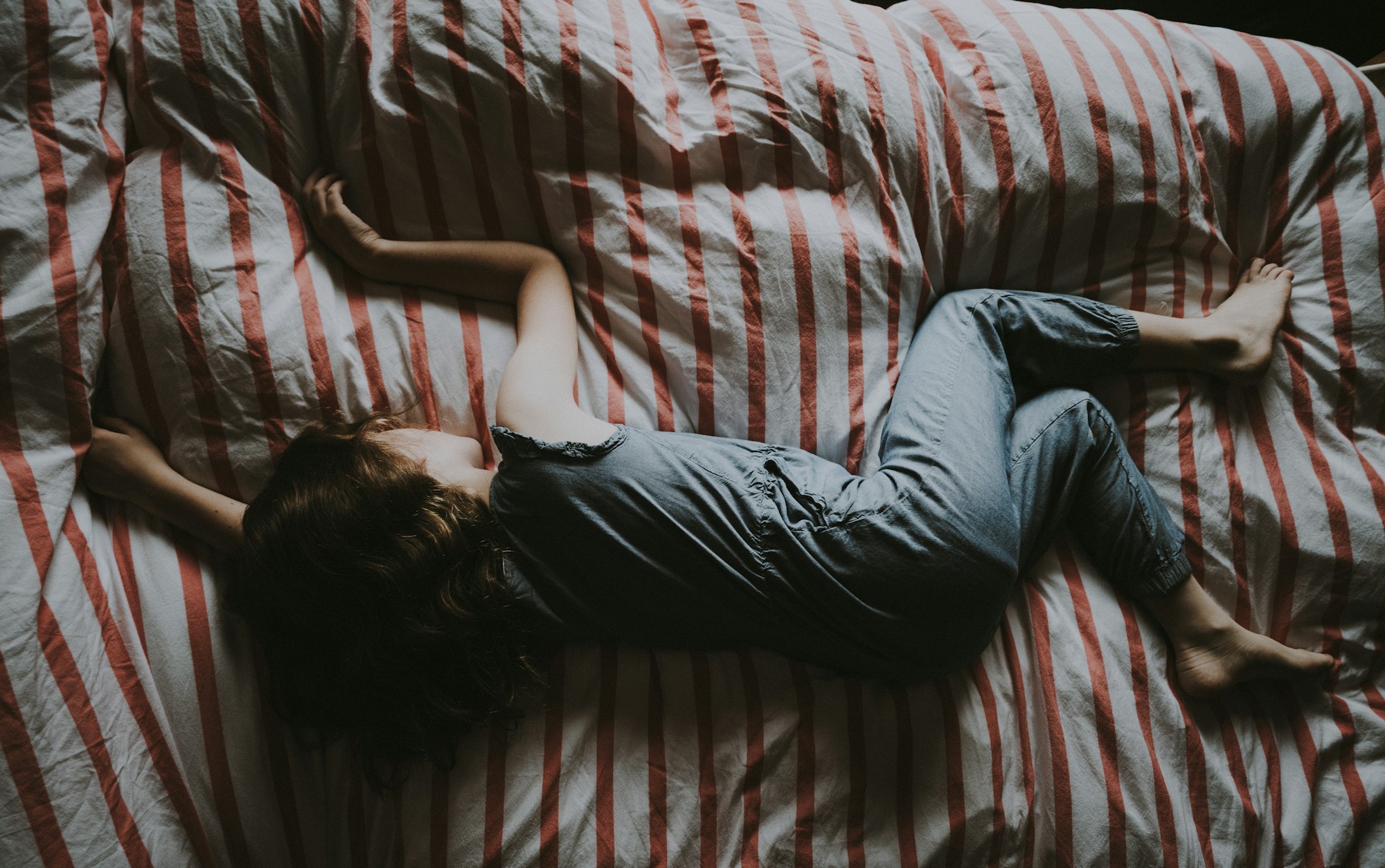Children’s Sleep Tips For A Restful Night

Children’s sleep plays a vital role in health outcomes for children. Unfortunately most school aged kids are getting less sleep as they progress though school. The American Academy of Pediatrics recommends the following: 10-13 hours for ages 3-5, 9-12 hours for ages 6-12, 8-10 hours for ages 13-18. While there are a number of strategies to help sleep, let’s go over a few things that may hinder sleep first.
What Should I Avoid?
In 2006 adolescents reported having at least one electronic device in their bedroom. With the popularity of smart phones and tablets, it’s safe to say that number has increased. The problem with electronics is the emission of blue light. Blue light affects the secretion of melatonin which regulates your internal clock (24 hour cycle). Meletonin levels are highest at night and lowest during the morning. Blue light emitted from electronics at night will set back your internal clock delaying sleep and decreasing melatonin secretion when it’s most needed.
TV shows, movies, and video games can increase emotional arousal which delays sleep and lowers sleepiness. In addition to emotional arousal, blue light screens will decrease melatonin levels.
The last one is obvious, but try to limit caffeine after 12 PM (noon). This includes soft drinks, coffee, and energy drinks.
Children’s Sleep Routine
Set a schedule or routine for bedtime. This is the most important tip for kids and adults too. It’s best to keep a visual schedule for the whole family to see. The steps you choose will get your children relaxed and prepared for sleep. Routines can start with infants. Studies show that infants who had a bedtime routine reduced sleep latency and number of times and duration of night wakening. Routines can include bathing, putting on pajamas, brushing teeth, reading a story, using the bathroom, and listening to calming music. Routines should be short and should be no longer than 1 hour.
Temperature Control
Decrease the room temperature to 65-70 degrees. This is the temperature range for optimal sleep. Heat exposure increases wakefulness and decreases the amount of time spent in the stages of sleep where dreaming and deep-sleep occur.
Darkness Is Your Friend
Keep the bedroom as dark as possible. As you know, light in your room can affect your melatonin levels. If you use a night light, go with a red night light. Red lights have the least effect on your internal clock.
Do not eat or drink anything at least an hour before bed. Your body has to process anything you ingest,so if you eat or drink something before bed, your body will have to digest it. Also eating or drinking will increase risk of having to use the bathroom late at night.
What Happens When Sleep is Optimized?
Studies show that declarative memory is enhanced in children when recommended amounts of sleep are met. Declarative memory is the ability to remember facts or events.
More information about Structural Chiropractic in Birmingham, Alabama, click here.
For more health news, click here.
